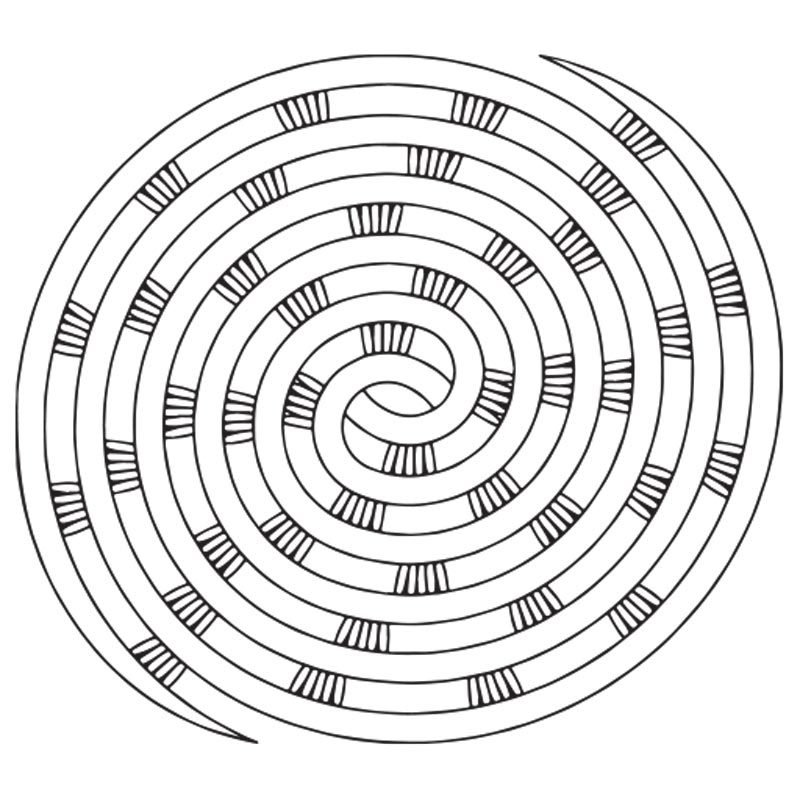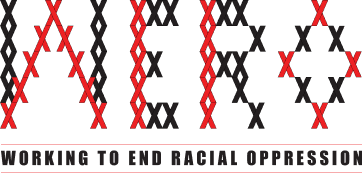The WERO team includes specialists from multiple disciplines, who use vastly different approaches and methods in their work. To achieve a cohesive collective effort across the WERO research team, our work towards decolonisation and ending racial oppression must be underpinned by jointly agreed definitions, values and ethics that guide our research and teamwork.
We seek to establish a shared understanding of colonialism and racism as structural phenomena that create and reproduce racialised inequities and power hierarchies through (often ostensibly ‘colourblind’) policies, institutional practices and representations. While racism’s manifestations are varied and complex, WERO’s primary focus is on structural racism and the institutional and intergenerational systems that maintain it.
The WERO research programme is explicitly decolonial and anti-racist in its approach; WERO researchers not only examine the social and economic costs of racism but also seek to expose the structural determinants of inequities, power and privilege, and to intervene in the reproduction of racism.
As researchers who bring a range of ontological, axiological, ethical and epistemological perspectives to the team, we must appreciate different knowledge systems, be cognisant of our social positioning, and be aware of deeply embedded power differentials. It also means that we develop a shared understanding of what it means to do decolonising and anti-racist research. Based on these shared definitions, values, and ethics, the team develops a sense of common purpose defined by WERO’s goals.
What is the Takarangi?
The Takarangi is a double spiral pattern prominent in Māori carving. In this framework, the Takarangi spirals simultaneously inwards and outwards between the interrelated layers of positioning, ontology, axiology, ethics, epistemology, and research goals.

The Takarangi centrally serves to build connection through collective reflection on how we understand ourselves as researchers and as part of the WERO research team. It encourages us to consider the interplay between our positioning in racialized social orders, our ways of being and knowing, our values and ethics and our approaches to research. The Takarangi recognises the necessity for researchers to actively work towards ending racial oppression. The Takarangi therefore provides a set of values and ethical principles – developed with WERO researchers through workshops – that can guide our work at every stage of the WERO research process. More specifically, the Takarangi provides a foundation for how WERO researchers will work together, negotiate difference, and ensure that our research works towards WERO’s decolonising and anti-racist objectives.
These aspects of our research inform each step of our research process:
- community engagement,
- design,
- data collection,
- interpretation,
- dissemination, and
- transformative action.
As the analogy of the Takarangi suggests, rather than existing in a linear causal pathway, each layer simultaneously informs and is informed by the other layers. For example, our research goals have bearing on the ethics we emphasise, and our planned outputs affect decisions we make about research design.
